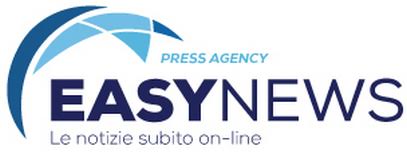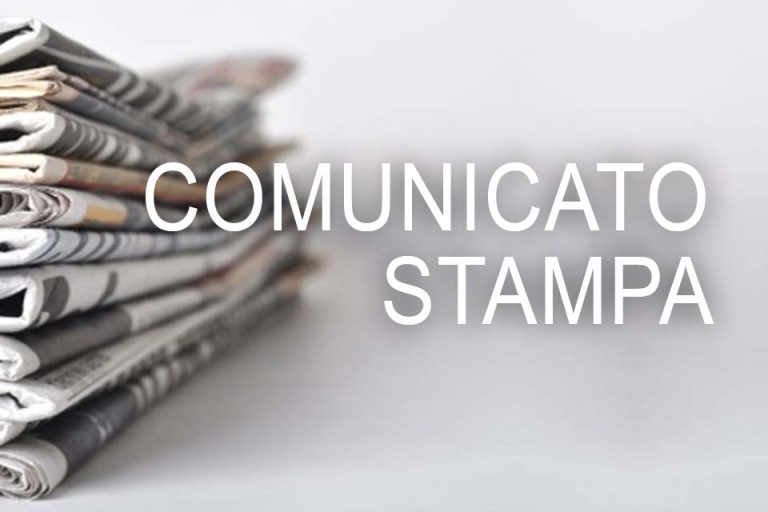MULTIMEDIA CONTENT AVAILABLE HERE (www.dropbox.com/sh/yhnwm21fb66r2fj/AAAazGMRQBa5dEnY-NkiMQMIa?dl=0)
The border crossing point in Korczowa, in Poland looks very quiet from a distance, but appearances are deceptive. On the Ukrainian side of the border, a one-kilometre convoy of ambulances waits to cross into Poland.
The convoy is led by a team of Polish doctors and paramedics, who work for HUMANOSH, a foundation set up to help refugees and a WHO implementing partner. Their purpose today is to organize the medical evacuation (medevac) of 24 sick and wounded patients from a hospital in Lviv, Ukraine, and they have been on the road since dawn.
Jakub Bałaban, a paramedic and medical director of HUMANOSH, jumps out of his vehicle to tell us about the difficulties of his mission:
“Transporting patients across Ukraine and the border has been quite a challenge, not just because of the security risks, but also due to the distances we have to travel, the time it takes, and the conditions of the patients we are evacuating – many of whom are seriously ill.”
Once across the border, he and the other paramedics will drive more than one hour to the new Medevac Hub, strategically located next to the airport, near the Polish city of Rzeszów.
The hub, which opened on 1 September 2022, is run by the emergency medical team (EMT) of the Polish Center for International Aid (PCPM), with support from WHO, the International Organization for Migration (IOM) and the European Union. It aims to offer a safe space for patients arriving from Ukraine before they are flown out to receive treatment in another European country. Amongst the services on offer are 24/7 nursing care, screening for various diseases, vaccination and mental health support.
Adam Szyszka, a medical coordinator for PCPM explains how the hub works:
“At the hub, we can deal with 20 patients at the same time, while hosting up to 30 relatives, family members or friends of our patients. Although we are not a treatment facility, our goal is to provide the best care during the transfer from Ukraine via Poland to medical facilities in the European Union.”
One of the patients we see at the Medevac Hub is 12-year-old Jaroslav, from the Poltava province of central Ukraine. He was brought in a convoy with his mother, Natalia, and both are destined to fly to Sweden in the morning. Jaroslav is in desperate need of a liver transplant, as Natalia tells us:
“Jaroslav’s health has really deteriorated. He had his first transplant three years ago, but the transplanted organ is starting to fail. With the war going on in Ukraine, it is currently impossible to get another transplant operation done there. Thankfully, our doctors told us about the medevac programme and with their and the Ukrainian Ministry of Health’s help, we have been able to make the journey.”
For Jakub Bałaban and his team of doctors and paramedics, reaching the hub will be far from the end of their journey: “After we have delivered our patients, we are going to the south of Poland to a hospital in Czeladź, where we will pick up 15 patients who have completed their treatments, before driving them back to Ukraine. With luck, we will be back to Lviv around 1am.”
Since the Russian invasion of Ukraine on February 24, the European Commission has supported medevac operations from Poland to 18 European countries, with more than one-thousand Ukrainian patients being transferred abroad for treatment.
Dr Paloma Cuchί, WHO Representative in Poland, sums up why the medevac operations are so important:
“Ensuring the health and well-being of all people lies at the core of WHO’s mandate. Seven months of war have had a devastating impact on the health and lives of Ukraine’s people, and placed a significant strain on Poland, where many of the refugees are seeking safety. The number of wounded people in Ukraine grows every day, pushing its health system – and those of the countries receiving refugees – to a critical point. Our role today is to provide life -saving treatment to severely ill patients and relieve their country’s war -affected health-care system. Hence the European solidarity and our joint effort with national and international partners to organize medevacs.”
ENDS
Photos available here (photos.euro.who.int/share?c=1423e2a2b0c612de68d66a3653f7a3fdb0c63f1 0) (Please use euphotos@who.int to download the photos from the library).
Video b-roll available here (www.dropbox.com/sh/yhnwm21fb66r2fj/AAAazGMRQBa5dEnY -NkiMQMIa?dl=0).
eupress@who.int
If you would rather not receive future communications from WHO Regional Office for Europe, please go to optout.ne.cision.com/en/M1iFtVVJ2BMp88twhEorjNBLS2Qd9BNhJxg4FnUk6g8HTL6DBtURcrmvGNfyK8rPp811ysrZzLtS2BakdQac5VRge2WKcLLXmx6YSMWTMedsPWJca6s3WYC6wND6gkT8BZk. WHO Regional Office for Europe, Marmorvej 51, Copenhagen, 2100 Denmark ———————————————————— This information was brought to you by Cision news.cision.com The following files are available for download: mb.cision.com/Public/15083/3643802/bcd461c5d65d7288_org.jpg 220921 AGATA GRZYBOWSKA for WHO 1066 mb.cision.com/Public/15083/3643802/868bfbdb678dadb2_org.jpg 220921 AGATA GRZYBOWSKA for WHO 726 If you would rather not receive future communications from WHO Regional Office for Europe, please go to optout.ne.cision.com/en/M1iFtVVJ2BMp88twhEorjNBLS2Qd9BNhJxg4FnUk6g8HTL6DBtURcrmvGNfyK8rPp811ysrZzLtS2BakdQac5VRge2WKcLLXmx6YSMWTMedsPWJca6s3WYC6wND6gkT8BZk. WHO Regional Office for Europe, Marmorvej 51, Copenhagen, 2100 Denmark



